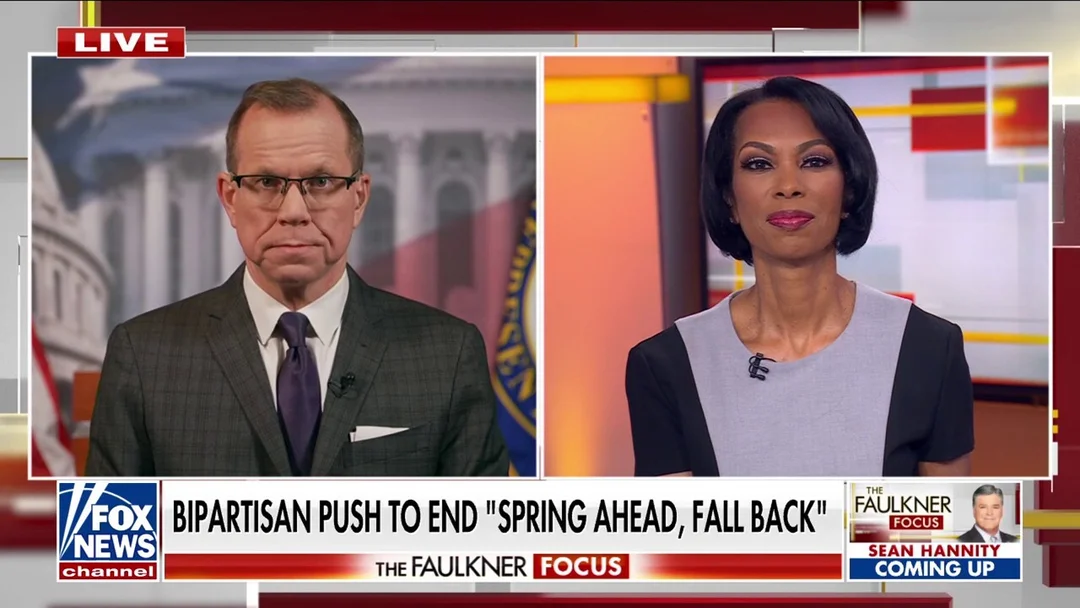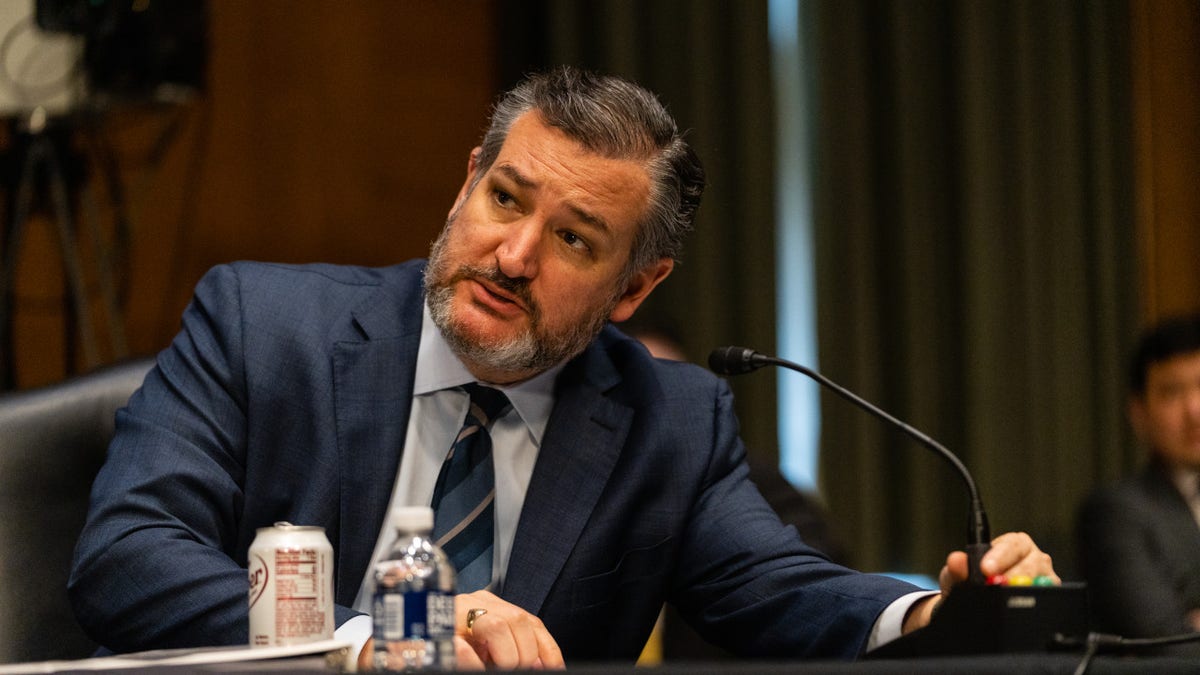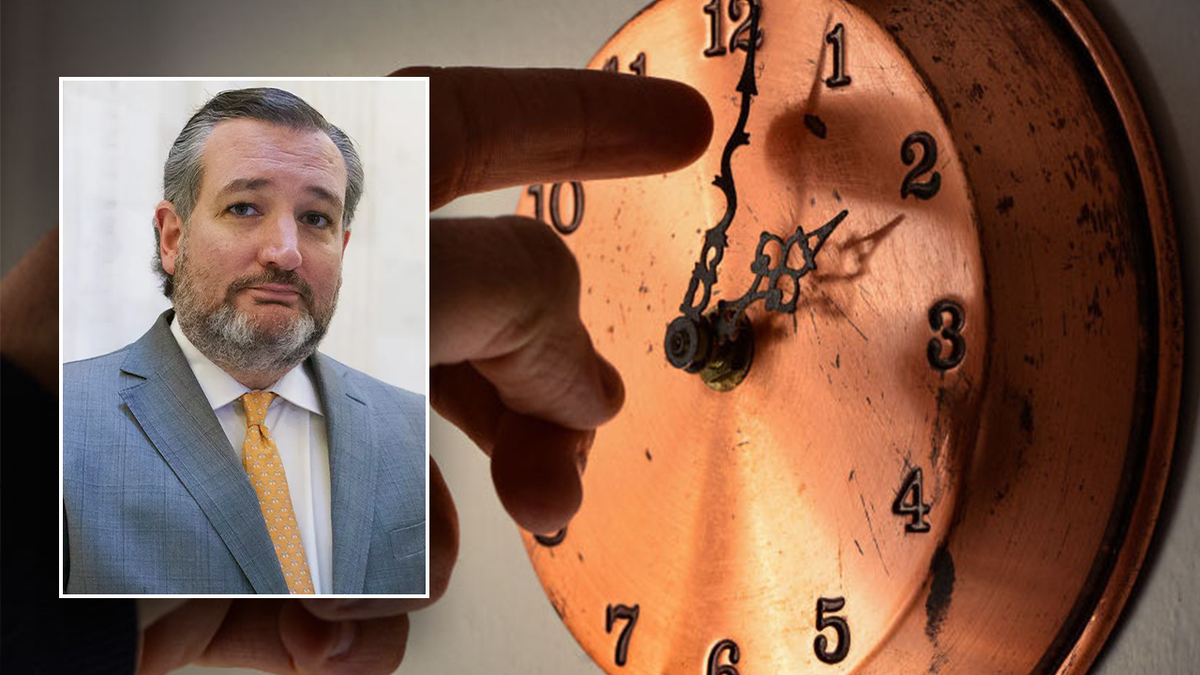
Should America Stop The Clock? Lawmakers Spar Over Future Of Daylight Saving Time
The debate over Daylight Saving Time (DST) is ticking louder than ever on Capitol Hill, as lawmakers from both parties, public figures, and experts grapple with whether it’s time for the United States to stop changing the clocks twice each year—a practice linked to health, economic, and social risks. With mounting evidence and passionate testimony, the push to “lock the clock” has become a rare unifying cause—yet one for which consensus remains frustratingly elusive.

At a recent Senate Commerce Committee hearing, Chairman Ted Cruz (R-Texas) led a bipartisan panel deep into the heart of this recurring American controversy. "We find ourselves adjusting our clocks… springing forward and falling back. For many Americans, this biannual ritual is a minor inconvenience… But when we take a closer look at the implications of changing the clocks, its impact on our economy, our health and our everyday lives, we can see that this practice is more than an annoyance," Cruz argued.
Democratic Senator Lisa Blunt Rochester of Delaware echoed these concerns. “I know I speak for many Americans when I say it's time. It's time to figure this out.” The session saw lawmakers wrestling with compelling evidence that the clock change can lead to increased accidents, health emergencies, lost productivity, and even heart attacks and strokes. Sleep medicine specialist Dr. Karin Johnson further urged support for permanent Standard Time, highlighting a chorus of studies that point to sleep disruption and its consequences as a major public health concern.

Meanwhile, economic arguments echo just as strongly. Representatives for the National Golf Course Owners Association warned that eliminating DST could cost golf courses up to 8% of their revenue, hurting a broad swathe of the nation’s recreational industries. Evening activities, from tee times to tourism, thrive on the longer light—and many Americans love their after-dinner sun.
The debate is further complicated by geographic diversity: what works for Florida or Texas may not suit Washington state, and vice versa. Trump's stance has shifted with public opinion; once declaring DST “very costly to our Nation,” he seems to recognize both the deep division and the passion it sparks. “When something’s a 50-50 issue, it’s hard to get excited about it,” Trump recently remarked, highlighting why legislative action has repeatedly stalled despite flashes of bipartisan support. Even proposed Senate bills have failed to find unanimous acceptance on the House floor.
As Cruz candidly observed, “It’s a question of what do you care about more: sunshine and joy and fun and money, or health, mental health, physical health. And the honest answer for most people, gosh, I care about all that stuff.”

Days may continue to grow or shrink, but America’s patience for clock-changing clearly has not. Will Congress finally end the “spring forward, fall back” ritual for good, or is this one seasonal cycle destined to repeat? What’s your take on Daylight Saving Time—should the country stop the clock? Share your thoughts below.
Related issues news
Will daylight savings time be permanent?
In 2018, voters in California approved a ballot measure to permit the state legislature to pursue legislation for permanent daylight saving time or standard time. However, California law still requires a vote of two-thirds of the state's legislature (and approval of Congress for permanent DST).
Did Congress vote to end daylight savings time?
Passed Senate (03/15/2022) This bill makes daylight saving time the new, permanent standard time, effective November 5, 2023. States with areas exempt from daylight saving time may choose the standard time for those areas.
Why daylight saving?
Why did daylight saving time begin in the US? Daylight saving time was originally implemented over 100 years ago, in 1918 during World War I to help conserve fuel and power and extend the workday. Working during the sunlight hours meant burning less fuel, and the ability to work later into the day.